Bringing Context to the Narrative
Weekly Sadhana’s January 3, 2004 issue featured my article "An Open Letter To Vijay Tendulkar..." as its cover story. Two days later, I had the opportunity to meet Dr. Narendra Dabholkar (the then Editor of Sadhana) for the first time. During that meeting, Dr. Dabholkar appreciated my expression and perspective reflected in the article, which meant a lot, but what meant the most to me was his remark, “The direction of your thoughts is commendable.” I found it to be the greatest testimonial - and I still do. This was, in a true sense, the first article I had ever written for Sadhana or otherwise.
During that same meeting, Dr. Dabholkar suggested I write a column for Sadhana. That’s how “Lata-Lahari” (Waves of Emotions and Ripples of Thoughts) ran for a year, and I connected with Sadhana! Soon, I found myself moving through various roles - guest editor, member of the editorial board, youth editor, and executive editor - all in quick succession. Today, on 3rd January 2025, as I present this article again in English to our readers, exactly 21 years have passed since its first publication. I'd let the readers decide if it seems relevant even today, but my mind is filled with memories of both, Vijay Tendulkar and Dr. Dabhlkar...
— Editor
To,
Respected Vijay Tendulkar,
It was the 2nd of November in 2003. I had come to Pune after the Diwali holidays. I read an advertisement in the newspaper ‘Sakal’. “Live Diwali Special Issue by Srishti - A theatrical presentation of Vijay Tendulkar’s literary career.” I was very excited. But later I realised that in parenthesis it said, ‘Only for Srishti members and invitees.’ I was a little disappointed. I was not a member of Srishti, and there was no question of receiving an invitation. I felt that I was missing out on an important event. So, I checked with one of my friends, “Would you be able to make any arrangement for me?” He immediately called the Srishti manager and got an invitation for me.
I reached the Vishwabhavan building of the Symbiosis Institute at 10 am. There was a lot of time before the event started, so I looked around, admiring the people arriving for the event. Looking at knowledgeable stalwarts from the art and literary world, I became particularly conscious of my ordinariness. So, I sat near the entrance, intently observing the sculpture of R. K. Laxman’s 'common man'.
The event started on time and the first session went on for almost three hours. Right at the beginning they displayed various images portraying you in various moods. I quickly realised that any active commentary alongside was consciously avoided. You had said in one of your articles that one should 'read images'.
The afternoon sessions included the reading of some of your literary works, articles you had written about yourself, and the ones others had written about you. I heard the reactions of important dignitaries such as Jabbar Patel, Nilu Phule, and Shreeram Lagoo. It felt as if I was watching a film about the immense contribution that you have made to the fields of literature, theatre, and cinema. Like all the other 350 people in the audience at the Vishwabhavan, I too was overwhelmed by this efficiently organised and neatly planned event.
During the closing event, the speakers moved from the dais and sat in the audience. It was past 9 pm. The entire stage was made bare for you. After announcing your name, Sudhir Gadgil, who was moderating the event, moved aside.
Throughout the previous three hours, there was a pin-drop silence in the auditorium, but after your name was announced, silence took on a different kind of gravity. Everyone was looking at the centre-stage patiently. Just then Satish Alekar accompanied you on the stage. When Alekar was about to retreat, you gave him the papers that were in your hand.
You stood there, tall and strong. The beard gave your personality a different dimension. Wearing a loose kurta and a green jacket, you took the centre-stage with the air of an emperor. You took a deep breath and began speaking. Every single individual in the auditorium was eagerly waiting to hear you speak.
You spoke quite softly for the first few minutes. After that, however...
"I have a fundamental question as to the reason why I might have spread so many misconceptions regarding myself. People spoke here today about my strength and my forcefulness, but I have wept bitterly many times. These days I seem to weep often. The child that is inside me is weeping. Someone said that the pen is a weapon; I'm not sure who said it. However, sometimes I feel that I should have had a real weapon in my hands. I weep because I know that one cannot kill with one's pen. I feel that some people should not have the right to live. Yet, we let them live and it is a crime we are committing. We should kill them. I would like to be the one who kills them. I am extremely saddened by the fact that I cannot do that. As a writer I am so weak that I cannot do anything to harm them. I do not believe in rebirth, but if I am reborn, I will ask for a weapon instead of a pen. I do not want to live very long either. I will kill a few chosen people and then go to the court and tell them that I have killed them after a lot of thought, and that if they reappear in front of me ever again, then I will kill them with this weapon."
Tendulkar Sir, you were uttering every single sentence with extreme seriousness, pausing for effect in between, and the entire auditorium was aghast. You were speaking, and the audience was listening with bated breath. They were making sure that not a single word escaped them and their ears, intently. Many seemed to have skipped a heartbeat. I was no different. It seemed to be the first time that we were hearing such explosive words from a speaker who otherwise measured and assessed every single word before speaking. You spoke merely for about ten minutes.
Like many of them, I also forgot to applaud. Normally at such an event, many people rush to the stage; others leave in a hurry, but today not a single soul was keen to come up on stage. Everyone was leaving the hall shell-shocked and silent. It was almost 9:30 at night, but no one seemed to be in a hurry to leave. Even after leaving the auditorium, nobody was interested in having any conversation. They were just trying to get their vehicles out without making any noise.
While exiting the auditorium, I stopped in front of the sculpture of the 'common man' for a minute. And then I started walking home in a trance. I forgot that I should have taken an autorickshaw home. Walking swiftly, I did not realise when I had crossed those two and a half kilometres. After reaching home, I managed to gobble something down and lay on the bed. I woke up early because of the radio, which was playing through the night. I got up and sat in bed for quite a while. My head was heavy. I have heard people say that after you drink, you get intoxicated; I have not experienced that, but now I did get a sense of what that must feel like. That day, until afternoon, I was high.
In the past ten years, I must have attended about five hundred events, but this was unimaginable, indescribable, and unforgettable. For the next couple of days, I continued to describe what I experienced in that event to those who were close to me. Those who knew you said that you were "expressing the emotions felt by the common man." Some reactions were also as extreme as yours.
A gentleman who sold rare books said, "Tendulkar expressed only half of it. He should have said that Gandhi was responsible for the genocide during the partition. That is why what Nathuram Godse did was justified."
Another one said, "Forget about killing them; at least Tendulkar should have had the courage to take their names."
A third asked me a question in return, "It is not very difficult to lay your hands on a gun in Mumbai. So instead of giving speeches, why doesn't Tendulkar act?"
A fourth one said, "What Balasaheb (Thackray) has been saying for years together, he is saying the same thing now. What is so unique or different about it?"
A fifth one laughed, "He's finally understood the truth after the age of seventy-five. The wisdom comes too late, what else!"
Some other reactions were like this: "Tendulkar is experiencing a second childhood." "He has mastered the art of remaining in the limelight." "These are words coming from a frustrated individual; we should not take them seriously." "Tendulkar has lost his mental balance due to family trauma." "Tendulkar is a theatre personality; these are just theatrics.".
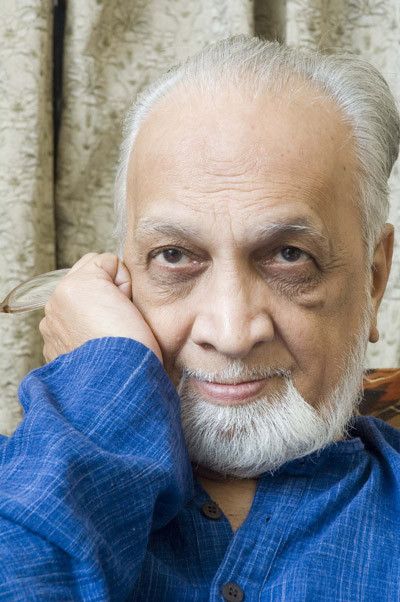 It is true that these reactions got me thinking, but I was unable to respond in such a superficial and hollow manner. There were several reasons behind it. I had heard a few of your speeches. I had watched some of your plays. I had read quite a few of your books. I had watched the film "Samana" 16 times. I had hungrily devoured what you had written about yourself and what others had written about you. I had spent a lot of time wondering which of the two inside you was greater—the writer or the individual. I had been highly impressed by your lifestyle. As a result of all this, I considered you to be a conscience keeper.
It is true that these reactions got me thinking, but I was unable to respond in such a superficial and hollow manner. There were several reasons behind it. I had heard a few of your speeches. I had watched some of your plays. I had read quite a few of your books. I had watched the film "Samana" 16 times. I had hungrily devoured what you had written about yourself and what others had written about you. I had spent a lot of time wondering which of the two inside you was greater—the writer or the individual. I had been highly impressed by your lifestyle. As a result of all this, I considered you to be a conscience keeper.
That is why I began analysing your speech rationally. By now I had a fair inkling of the limitations of language, so made a conscious effort to comprehend what you were aiming to express. After much deliberation, I had a one-line reaction ready. I kept offering that reaction even though no one asked me for it. "I can understand Tendulkar's feelings, but I do not agree with the views expressed by him!"
Yes, Tendulkar sir, I totally agree with your sentiments. What is happening around us, is indeed infuriating. Human beings are making material, scientific progress day by day, but at the same speed, moral degradation is taking place. Indulgence and consumerism have become rampant at all levels. People are made to adopt a mindset devoid of values. The concepts such as character and tolerance are on the verge of being banished. The meanings of the words 'success' and accomplishment have changed. Casteism and religious bigotry are coming forward in a hideous form. This would cause distress to any rational person. You must be feeling it too. Fifty years ago, Gangadhar Gadgil created a sensation by writing a story called 'Rotten People,' and now you have reached the conclusion of a 'Rotten Social System.'.
Your inflammatory speech shows that you have lost faith in all four pillars of democracy—in fact, in the 'democratic' system itself. And then you say what you want to do or what you would like to do if you get reincarnated. But you have not specified what others should do, so I am restless.
You have it easy, Tendulkar Sir! You are on your way to exiting the 'life drama' after enjoying life for seventy-five years! But what about me? What about my generation? What about those who respect you? My generation has to face the rotten social system that you have described. We have to stand firm against it. If possible, we want to achieve a little success. There are no more guides and gurus left for my generation. There are a few 'Conscience Keepers' like you; however, you are shirking your responsibility... So, Tendulkar sir, what should be our takeaway? As you say, should we take a gun in hand and start shooting?
But sir, if we decide to emulate you, we would have to make a list of people to be shot and a list of those who should be given the right to shoot. There is a high possibility of corruption in both of these lists. And even if we manage to curb this corruption, it might still be impossible to reach a ‘consensus.’ What do we do?
Respected Tendulkar sir, I will accept the list you make, but if someone else with the same kind of integrity and character as yours makes such a list, (s)he might even include your name in his list. You will be accused of creating factions in society by writing provocative plays. There are many people in this country who support the assassination of Gandhi, so would it be impossible to justify your murder?
So, sir, I can understand your feelings, but I do not agree with the views expressed by you! If one wants to choose the least flawed system of governance, there is no alternative to 'democracy.' And if all the pillars of democracy are crumbling, it is a sign of the deterioration of social health. Do we need to remind people like you that if social health worsens due to long-term disorganisation, the solution to restore it should also be long-term?
I do salute you, sir! It is considered the primary duty of any writer to represent a disturbed society and portray its emotions. Future historians will cite you as the first Marathi writer who performed such a duty with great courage, regardless of public opinion, at the beginning of the twenty-first century. However, we must thank you! You have managed the task of prodding awake the Marathi literary world, which, like a lethargic python, is pretending to be asleep.
Tendulkar sir, in the past year there were three occasions to write letters to you. The first was that famous letter of yours appealing that a genuine person like S.P. Bhagwat should not accept an award from an uncouth individual like Manohar Joshi. the second was, your lecture on the concepts of 'charity-generosity-sacrifice' addressing the Marathi folk in America. And then the third was this speech at Symbiosis Vishwabhavan.
I sat with paper and pen all three times, but I stopped after writing 'Respected Vijay Tendulkar'. But yesterday I read the report of your speech at Dapoli. I read an expected statement made by you, “If I were given a gun, I would shoot Narendra Modi first.” Then my inner thoughts erupted again. It was impossible to be at ease without throwing up all of it. That is why I had to write this letter, out of my own mental desperation. I may seem to attempt filling boots too big for me, but I cannot help it.
-Vinod Shirsath
kartavyasadhana@gmail.com
(Author is Editor, Sadhana Saptahik, Prakashan and Kartavya-Sadhana)
Translation by Rahee Dahake
Read the OriginalArticle in Marathi here: विजय तेंडुलकर यांना... एका तरुणाचे अनावृत पत्र (विनोद शिरसाठ)
Tags: vijay tendulkar open letter विजय तेंडुलकर विनोद शिरसाठ Load More Tags

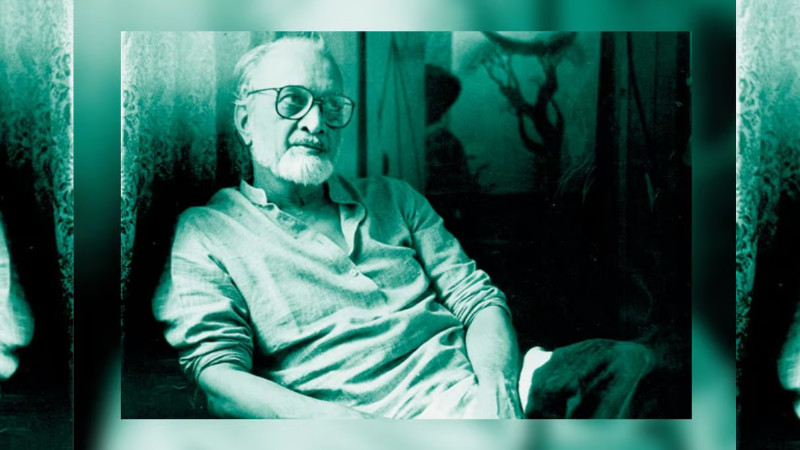

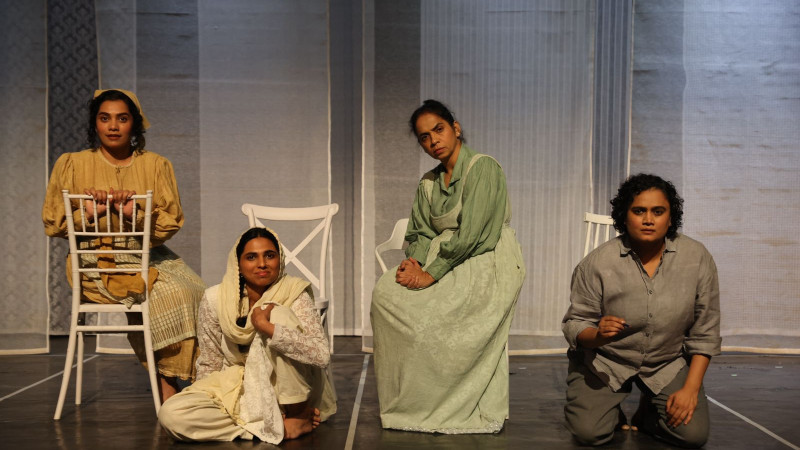
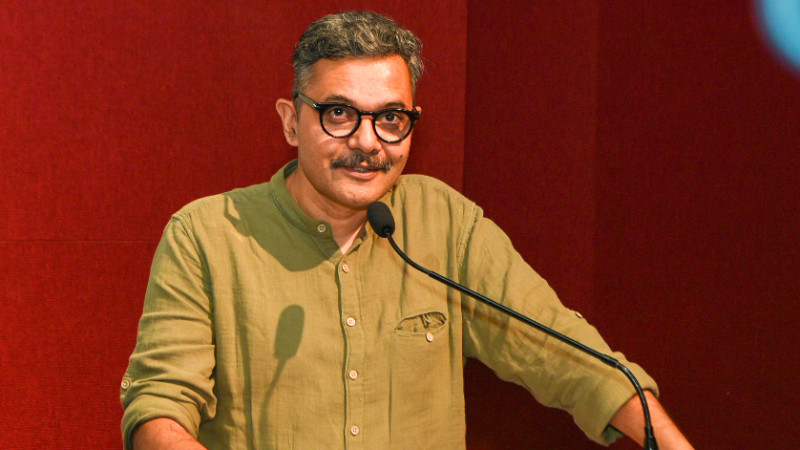
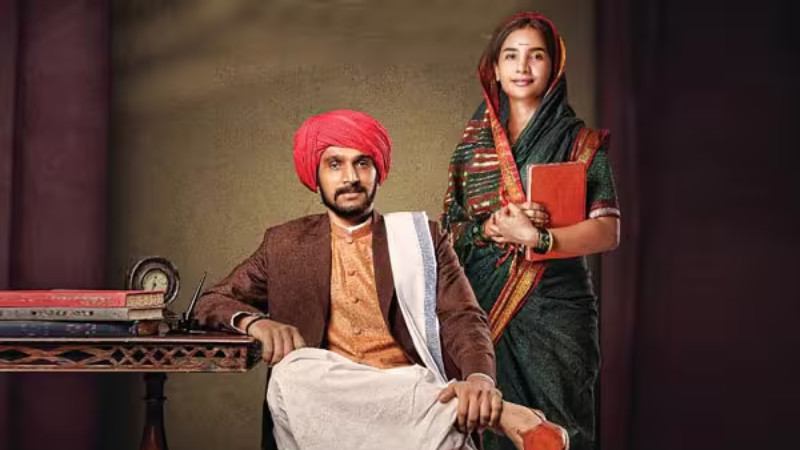
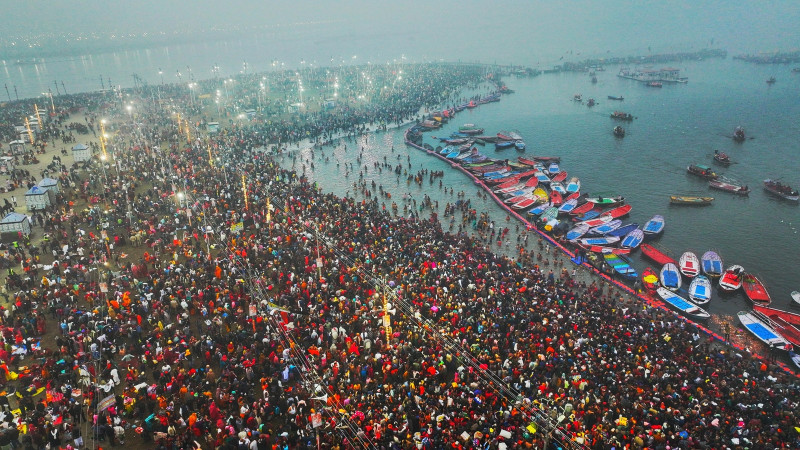

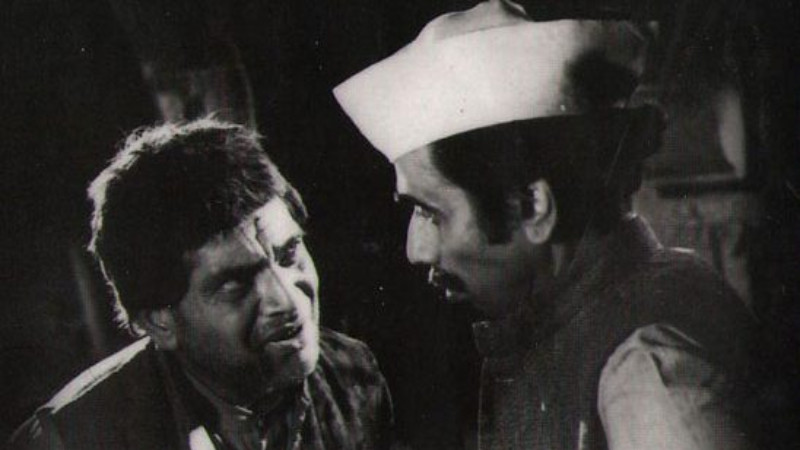
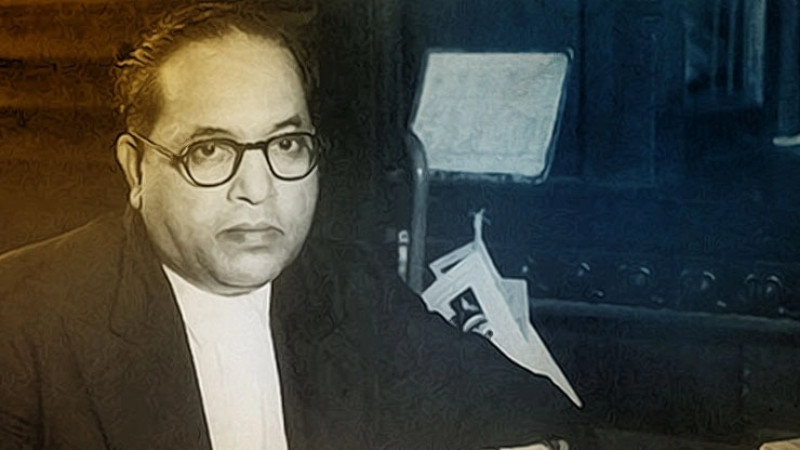
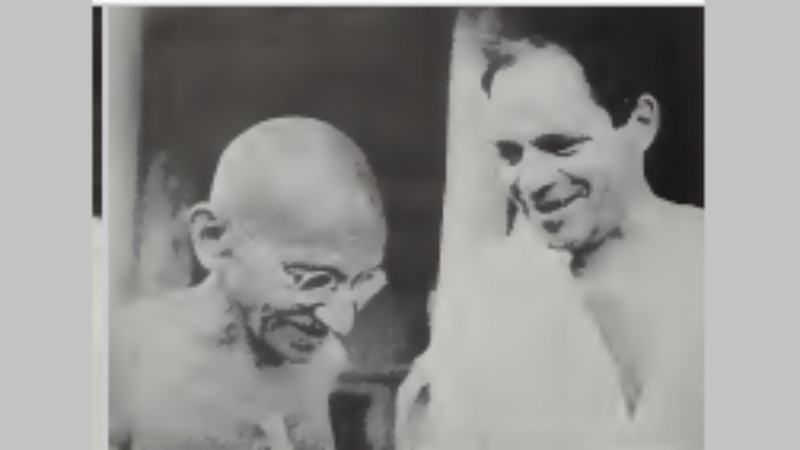
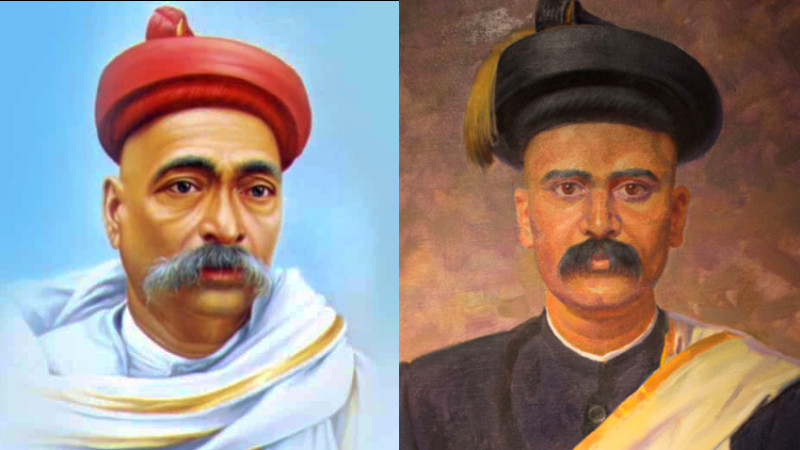
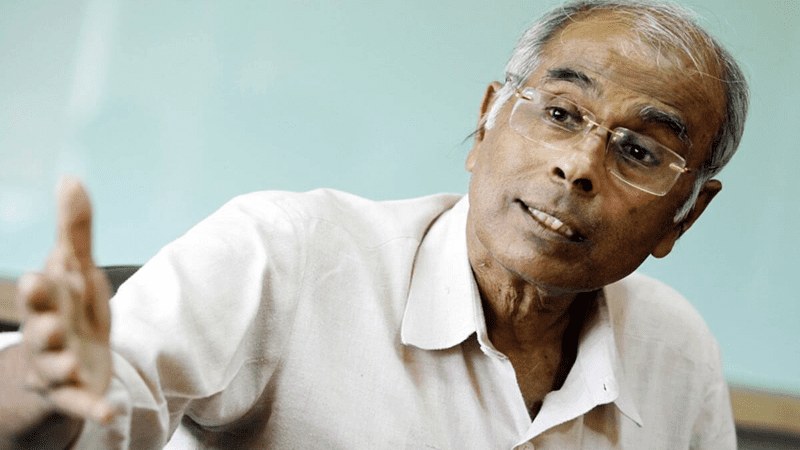
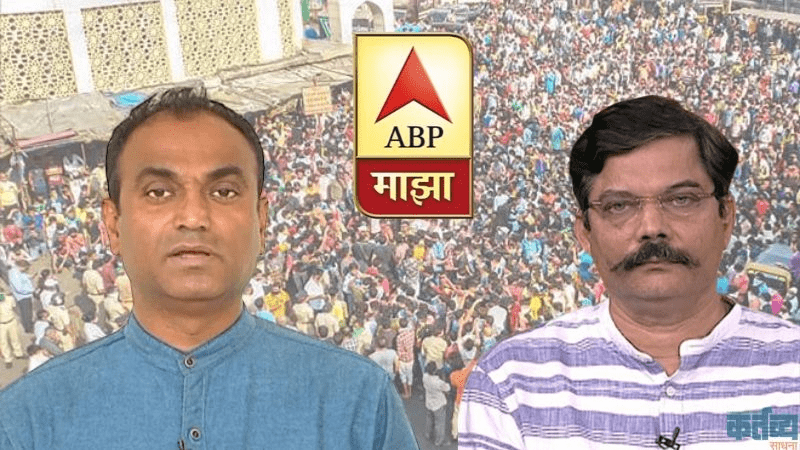
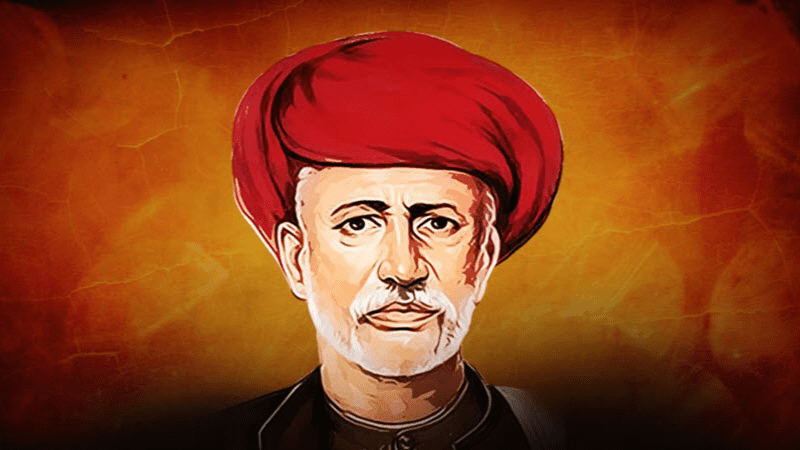

























Add Comment